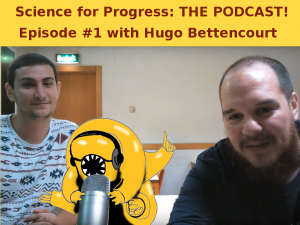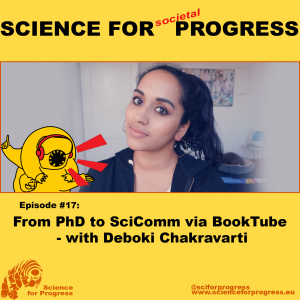
Science Communication is one way academics can apply themselves outside of academia. But how does one transition between careers? I talked with Dr. Deboki Chakravarti, a biomedical engineer who worked on cancer treatments. She graduated in 2018 and then did an internship with Scientific American, a leading brand in Science Communication in the USA.
First we learn a little bit about her scientific work, and her personal experiences in graduate school. Already during graduate school she began a YouTube channel about books and life as a graduate student. She then shares why she decided to leave academia, and she explains how she managed to find an internship with Scientific American. And finally, she explains what the internship looks like.
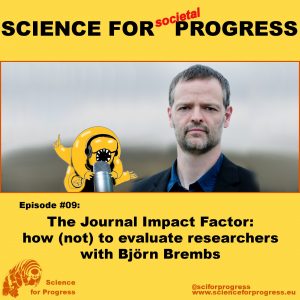
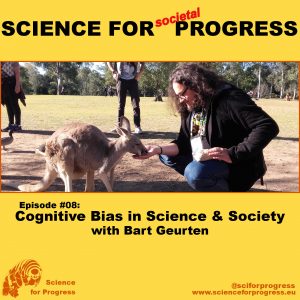 Science compensates for the shortcomings of human cognition. It allows us to apply methods of investigation that are independent of our own subjective notions and irrationality. As a result we have overcome common sense, traditional beliefs, and other misconceptions through thorough investigation. We even describe and utilize phenomena that are as incomprehensible as quantum mechanics, which defies our everyday experience in unimaginable ways.
Science compensates for the shortcomings of human cognition. It allows us to apply methods of investigation that are independent of our own subjective notions and irrationality. As a result we have overcome common sense, traditional beliefs, and other misconceptions through thorough investigation. We even describe and utilize phenomena that are as incomprehensible as quantum mechanics, which defies our everyday experience in unimaginable ways. 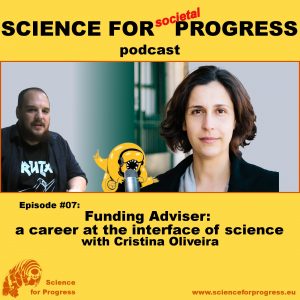 Most academics won’t stay in academia… or let’s say, not every PhD will land a permanent position as a researcher. With the increasing numbers of PhDs this situation is becoming more serious. In this context, we want to interview people who work in so called ‘alternative careers’. Some of these careers are still related to academia. We hope these interviews will be of interest to people in general, since they may learn something more about how academia works. For PhDs who may not stay researchers, it should be interesting to know what kinds of careers they can have beyond the ivory tower.
Most academics won’t stay in academia… or let’s say, not every PhD will land a permanent position as a researcher. With the increasing numbers of PhDs this situation is becoming more serious. In this context, we want to interview people who work in so called ‘alternative careers’. Some of these careers are still related to academia. We hope these interviews will be of interest to people in general, since they may learn something more about how academia works. For PhDs who may not stay researchers, it should be interesting to know what kinds of careers they can have beyond the ivory tower.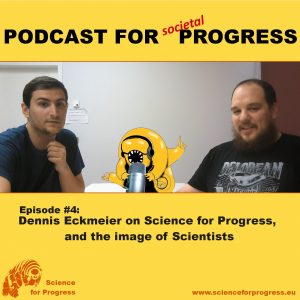
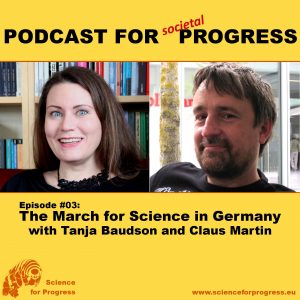
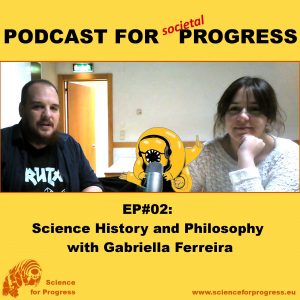 Our guest is Gabriella Ferreira, a masters student in Science Philosophy. She talks about her studies of Science Philosophy, and volunteer work at the
Our guest is Gabriella Ferreira, a masters student in Science Philosophy. She talks about her studies of Science Philosophy, and volunteer work at the 